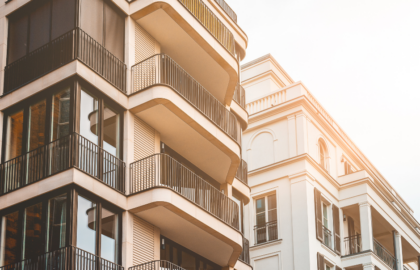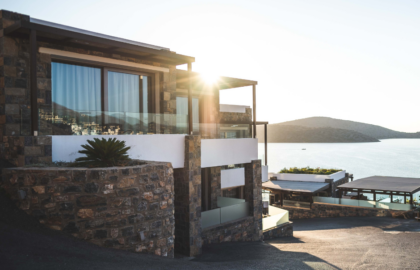 When the Global Financial Crisis hit in 2007, the then Rudd Government raised the First Home Owner Grant (FHOG) to $14,000 for established homes and a whopping $21,000 for new builds.
When the Global Financial Crisis hit in 2007, the then Rudd Government raised the First Home Owner Grant (FHOG) to $14,000 for established homes and a whopping $21,000 for new builds.
This stimulus helped lift WA’s property transactions to near 70,000 by 2009. Today, transactional activity is less than half that, with just over 30,000 total transactions recorded for the year so far.
How the FHOG currently stands
The FHOG has undergone many iterations since its introduction and now sits at $10,000 for those first time buyers keen on buying a new dwelling, that’s never been lived in, or who want to buy land to build on.
Those who purchase an established home get nothing other than a transfer duty exemption for properties purchased at a value under $430,000. In Tasmania and the Northern Territory, the FHOG for both established and new builds remains at $20,000.
Why the WA FHOG needs to change
Western Australia’s current system is flawed for a number of reasons. Firstly, the $10,000 grant is often simply passed onto builders, who I’ve seen raise the cost of their entry level houses by the precise amount of the FHOG whenever it’s raised.
Secondly, first home buyers choosing a newly-built apartment only get zero transfer duty relief up to a purchase price of $430,000, whereas those that buy land and build from scratch don’t pay duty until the land value exceeds $300,000.
As it currently stands, WA’s FHOG policy encourages first home buyers to buy cheaper land on the city outskirts, contributing to urban sprawl. This is contrary to the State Government’s desire to improve infill opportunities across Perth.
Thirdly, land developers will often incentivise building company representatives with commission payments for them to push home builders into buying land in certain locations. These commissions are clawed back by increasing the construction cost, which is already inflated by the availability of the FHOG.
Finally, the FHOG undermines the values of established properties in emerging areas by effectively removing the demand base for homes in affordable areas such as Baldivis, Alkimos and Armadale.
Establish home purchases should be encouraged
Whilst there’s a need to support the building industry and those who work in it by incentivising first home buyers, splitting the FHOG to $7,000 for new and $3,000 for established would help recalibrate buyer behaviours and encourage growth in the established market.
Overall, the FHOG has been around for too long and should ultimately be removed. Transfer duty and other such taxes that act as barriers to economic growth (payroll tax the classic example) should also go.
It’s one of REIWA’s key policy positions that these barriers be replaced with a broad based land tax regime that loosens the shackles on the property market, encourages trade-up activity and releases more affordable entry-level established housing.








